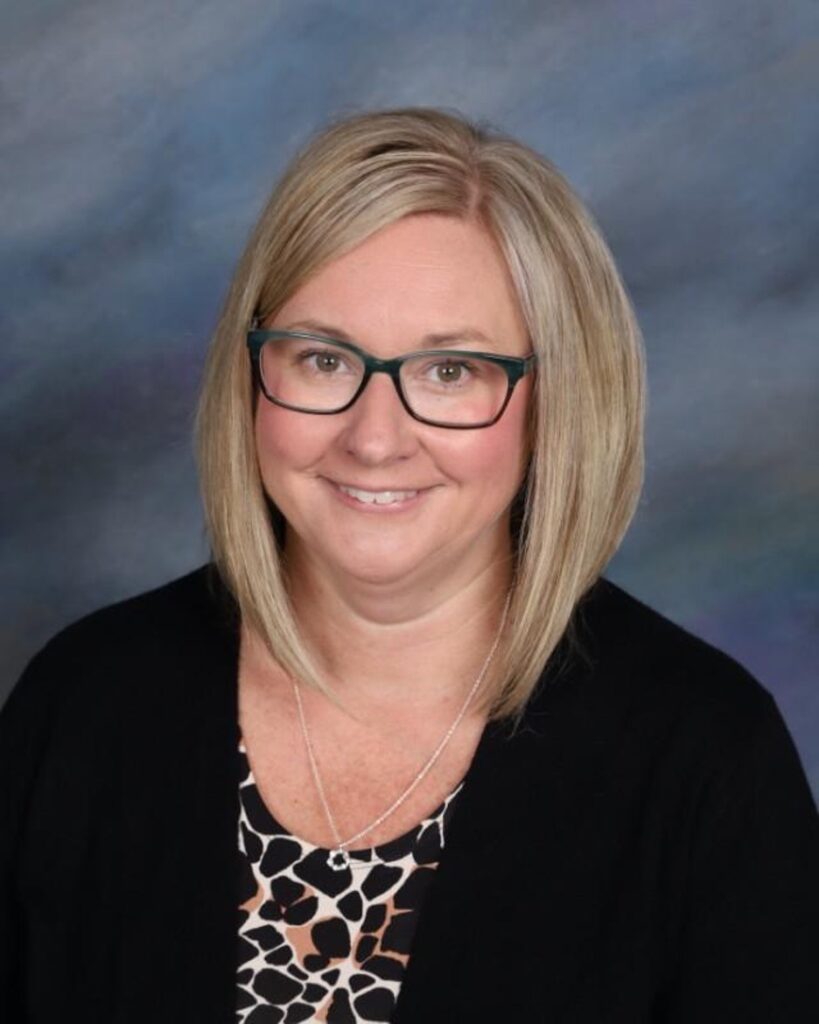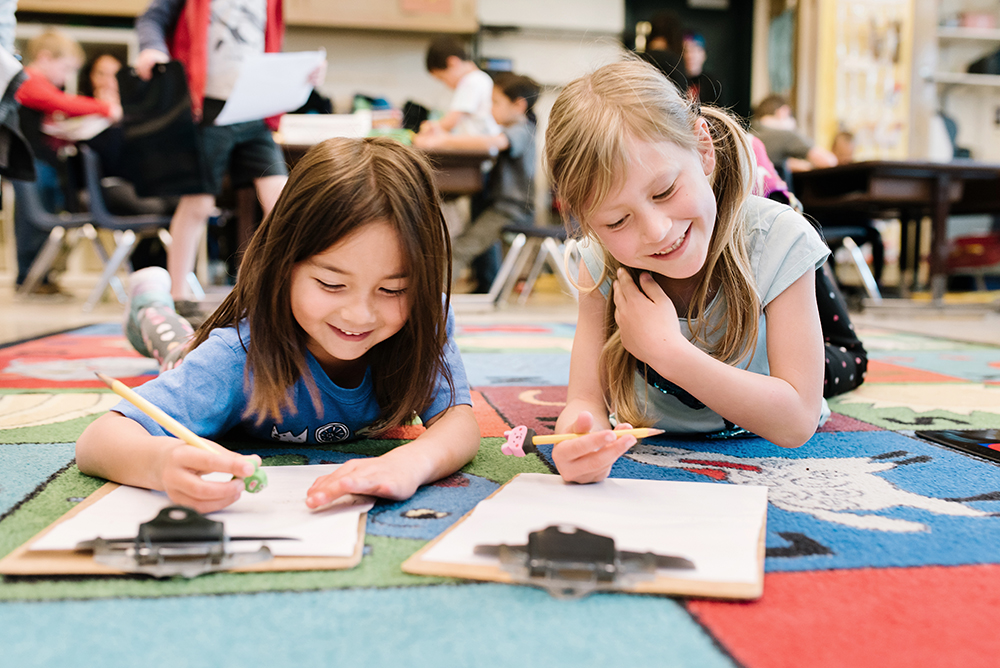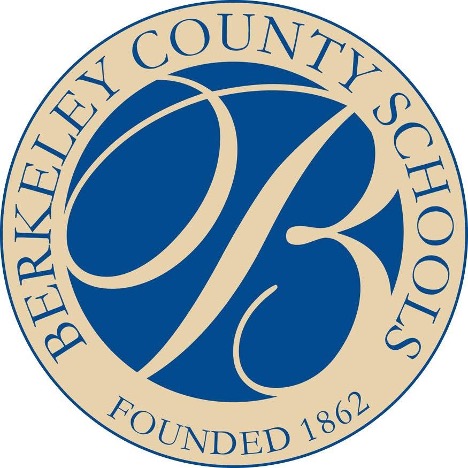
When 2nd grade teacher Jennifer Currie first received Being a Writer™ through a Collaborative Classroom scholarship, she quickly saw its impact. Not only in how it transformed her students’ writing, but also in how it helped build a strong, supportive classroom community. Inspired by her students’ excitement and growth, Jennifer became a passionate advocate for the program. Ultimately, she helped to bring Being a Writer to schools across Berkeley County, WV.
Tell us a little about yourself, your school and district, and the students that you serve.
I’ve been teaching in Berkeley County, WV for 22 years. This is my third year teaching second grade. I live here in the county with my husband and daughter.
Berkeley County is a large and growing county in the Eastern Panhandle of West Virginia. We’re located about 75 miles from Washington, DC. We’re also close to Baltimore, so we’re a hub for a lot of people who work in those cities, but live here. We have over 20,000 students and 16 elementary schools in our county.
Our school, Marlowe Elementary, is a little hometown school in this big county. We’re in a 103-year-old building. We have about 300 students here from pre-K through second grade. There are three classes at each grade level, K through 2, and then seven pre-K classes.
When did you first hear about Being a Writer?
I was scrolling through a Facebook group for teachers when I saw a post about it being the last day to apply for a scholarship with Collaborative Classroom. I didn’t have a writing curriculum at the time, so when I saw Being a Writer, I thought I would love to try that.
They ended up sending me the second-grade curriculum so I could use it the following year when I moved to second grade. I basically taught myself to use it, and I shared how great it was with some colleagues—one here and one in another district school. We ended up presenting this great program to our principals. They presented it to the Board Office. Now it’s being implemented across our county.
Get Being a Writer Sample Lessons
Download free Being a Writer sample lessons and the program brochure.
What was it about your experience with Being a Writer that made you decide to ask that it be brought to your entire district?
I love how much kids love to write because of using this program. I always say, if kids love to read, they’re going to be great readers. In the same vein, if kids love to write, they’re going to be great writers.
This program not only teaches them to write but it helps them love to write. It teaches them to write like an author, and the students think that is so cool. We read amazing mentor texts. We study the way the author writes so that we can do the same thing. Students model their writing off of each of the authors, and I think that just makes it so exciting for them.

The way it creates an enthusiasm for them to truly be authors themselves is what I really love about the program. I noticed them falling in love with writing pretty quickly after implementing the program.
What is the most rewarding part of being an educator for you? What do you especially enjoy about your current role?
I love the community that we build and I really try to focus on making sure that the students know that we’re a family. I love seeing them working together, helping each other. When you come into our classroom, you can see them working together. The students are always there for each other.
I love the community that we build and I really try to focus on making sure that the students know that we’re a family.
Do you find that the design of Being a Writer helps you accomplish that goal of building community as a class?
Yes, I love that. The first unit is all about building a writing community. I love that because it goes so well with our morning meeting every day. The two go so well together, and it truly helps build our community.

We just started our nonfiction unit, and they’re doing a lot of partner work, which they absolutely love. On independent writing days, they question me about when they are going to get to meet with their partners. “We have to work with our partners,” they’ll say!
I find that they get to a lot of higher-level thinking just by talking things out with their partners. The discussions they have with their partners make a huge impact on what they bring to the page.
I find that they get to a lot of higher-level thinking just by talking things out with their partners.
In all, how long have you been implementing Being a Writer?
This is my third year. I used the second edition for two years on my own. Then the district adopted the new third edition this year. So, I’ve had training and support this year along with the newer edition.
What have you noticed about Being a Writer, 3rd Edition?
Some of the things are the same. But there are a lot of new things that I really like. I really like the grammar pieces being built in. I love that they are using sentences from the books that we have read together in class. We write shared sentences together, modeling from the sentences in the texts, and then students write their own. Students then can take these new skills and apply them to their own writing.
I also love the editing and proofreading sections. Students focus on one aspect of editing per day. It allows them to get a good sense of what proofreading is and the steps that are involved.
What have you noticed about your students’ learning and engagement? If a particular story from your classroom comes to mind, please share it!
I love that when they go to writing time they get started right away. I never have anybody sitting there saying, “I don’t know what to write.”
I love that when they go to writing time they get started right away.
They always have ideas because of what was modeled for them in the “Getting Ready to Write” portion of the lesson. My students are busy writing. There are no issues. In the past, when we didn’t really have a curriculum, kids would stare at me and ask, “What do I write about?” That doesn’t happen any more.
I also really appreciate how rigorous the program is. The level at which they write is impressive. My second-grade students are writing paragraphs about why we shouldn’t use plastic. Being a Writer pushes them to a higher level with topics that are very interesting to them.
How has Being a Writer affected or changed your own teaching and learning?
I often use the way that Being a Writer is set up for a lot of topics that I teach. I appreciate starting the lesson with a mentor text, and I do that with my reading lessons also. The mentor text is used for teaching the whole group. Then the students are set up to be successful when they work independently.
Also, Being a Writer has reinforced for me the importance of using the same structure every day. Knowing what to expect really helps them focus on their work and produce great writing.
What advice or insights would you share with an educator who is new to Being a Writer?
I think the best advice I could give would be just to dive right into it and get started. Your writing instruction will truly be transformed. Students will be engaged throughout the entire lessons and truly grow a love of writing.
Related:
Read another blog: 5 Ways to Build a Strong Writing Community
